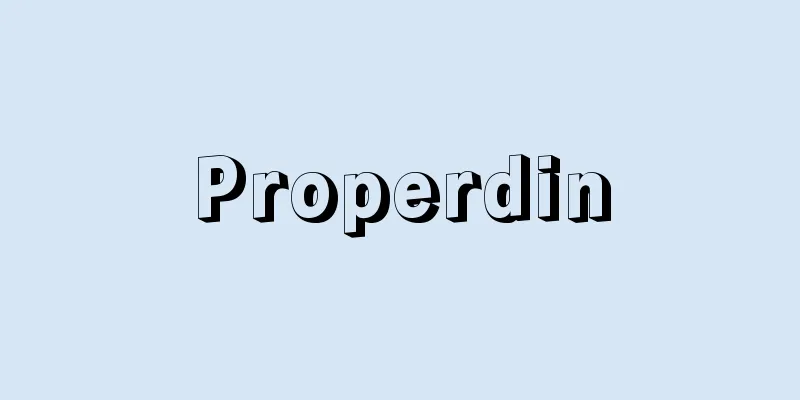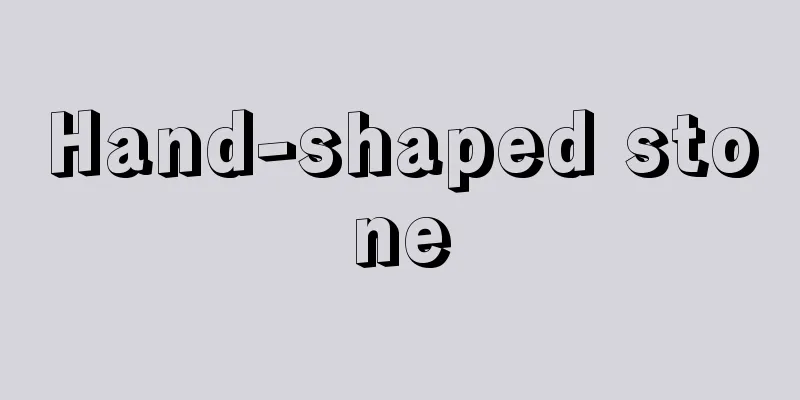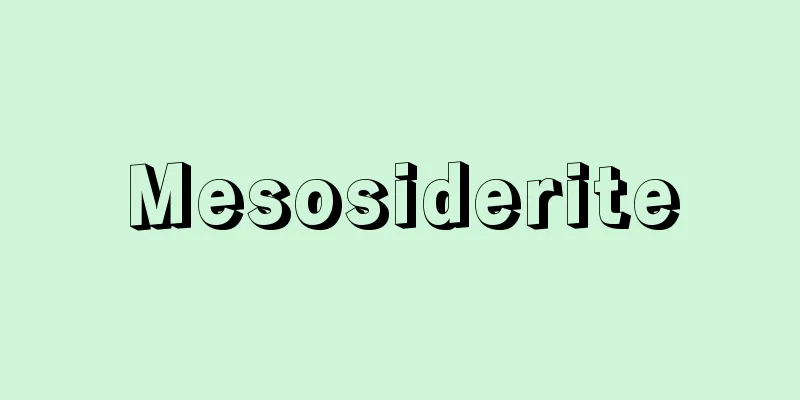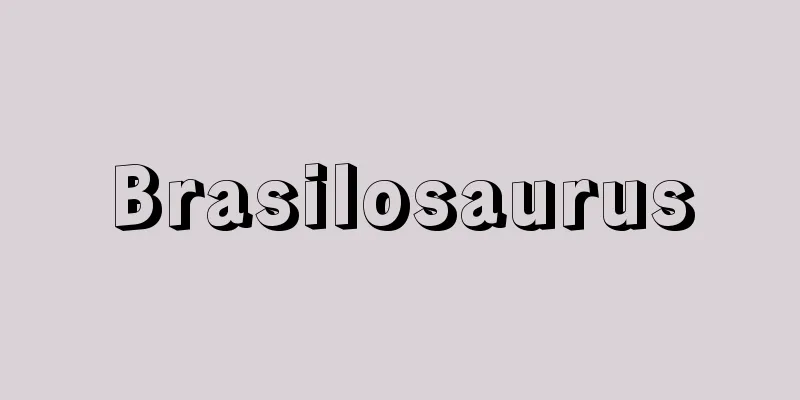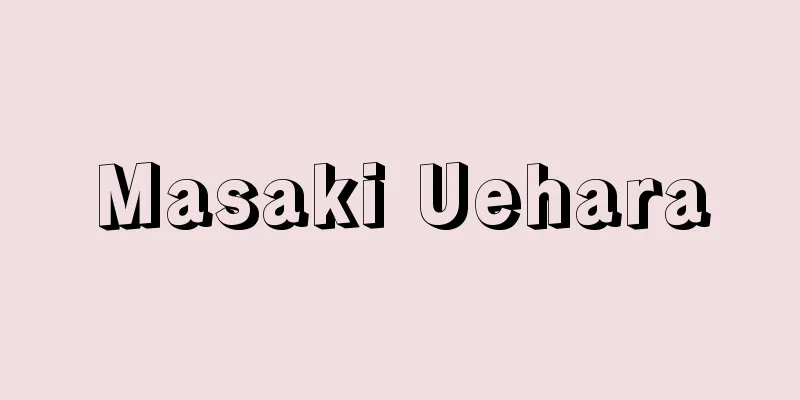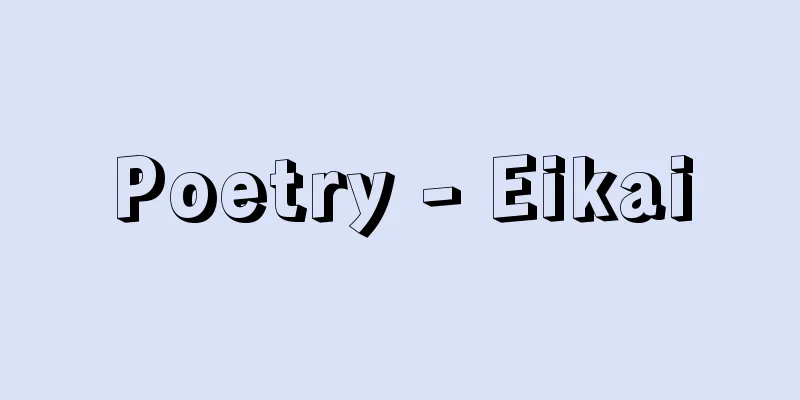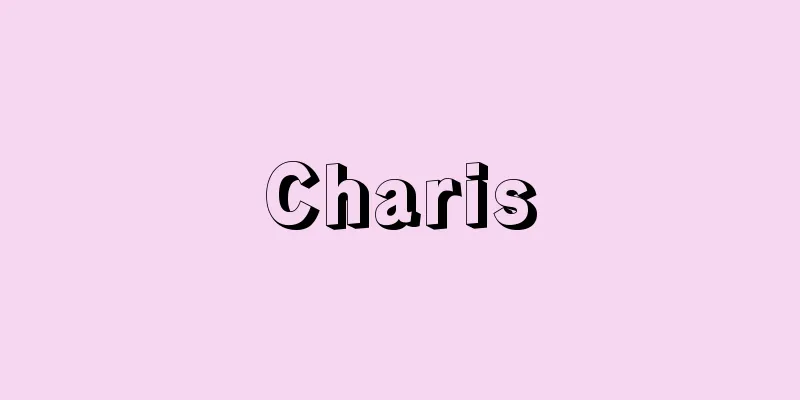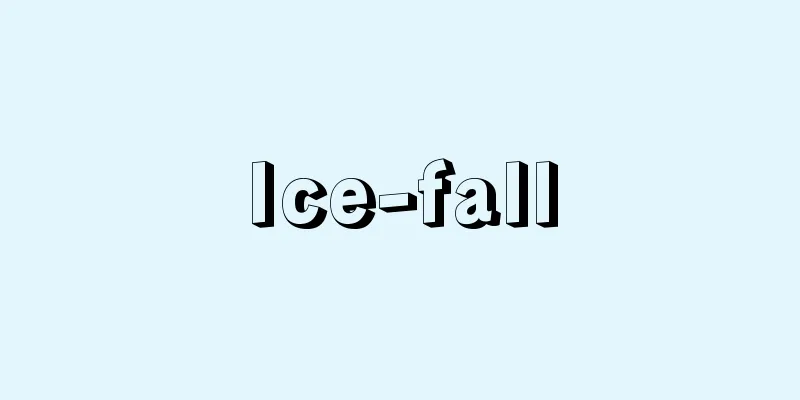Emperor's surrender broadcast - Gyokuonhoso
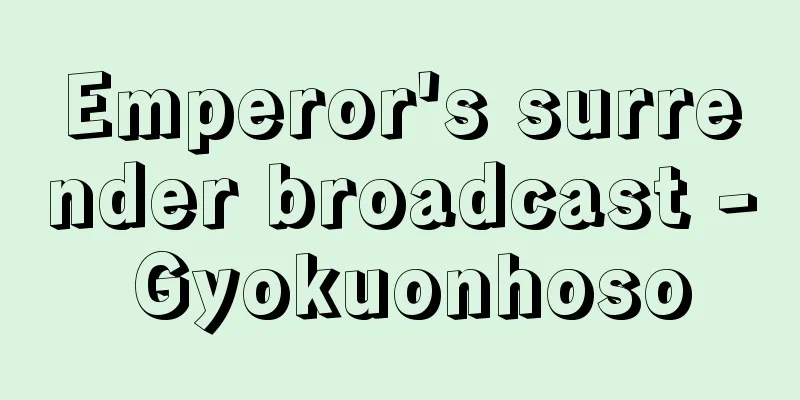
|
This was a recorded broadcast by Emperor Showa himself at noon on August 15, 1945 (Showa 20) to inform the people of his decision to end the Pacific War. Until then, the Emperor was not allowed on the radio because he was considered sacred. On July 26 of that year, the Potsdam Declaration was issued, calling for Japan's unconditional surrender, but the Japanese government rejected it. Atomic bombs were dropped on Hiroshima on August 6 and Nagasaki on the 9th, the Soviet Union entered the war on the 9th, and the Emperor decided to accept the Potsdam Declaration at an Imperial Conference on the 14th. At that meeting, the Emperor stated that he would be willing to stand in front of the microphone to address the people, and late that night at the Imperial Palace, the Emperor read out the Imperial Rescript on the Acceptance of the Potsdam Declaration, recording two recordings. At this time, some army officers opposed the surrender and seized the recordings, and there was an incident where they attacked the Imperial Household Ministry and the Broadcasting Hall in an attempt to stop the broadcast, but the broadcast went ahead without incident, and the Pacific War ended. [Tamura Yoshio] Source: Shogakukan Encyclopedia Nipponica About Encyclopedia Nipponica Information | Legend |
|
1945年(昭和20)8月15日正午から、昭和天皇自らが太平洋戦争終結の決定を国民に伝えるために行った録音放送。それまでは、天皇は神聖なものであるからラジオに出ることはなかった。この年7月26日に日本の無条件降伏を要求するポツダム宣言が出されたが、日本政府はこれを拒否した。8月6日広島市、9日長崎市に原爆が投下され、9日ソ連の参戦があって、14日の御前会議で天皇の決断によってポツダム宣言受諾が決定された。その席上、天皇は、国民に呼びかけるために自らマイクの前に立ってもよいと表明し、同日深夜宮中で、天皇がポツダム宣言受諾に関する詔書を読み上げて、2組の録音盤にとった。このとき陸軍将校の一部が降伏に反対して録音盤奪取、放送中止を謀って宮内省と放送会館を襲撃する事件があったが、放送は無事行われ、ここに太平洋戦争は終結した。 [田村穣生] 出典 小学館 日本大百科全書(ニッポニカ)日本大百科全書(ニッポニカ)について 情報 | 凡例 |
Recommend
Ibn Daud
...Scholars who adopted Neoplatonism into Judaism...
Ashigara prefecture
...In 1868 (Meiji 1), the Kanagawa Magistrate'...
Battle of Waterloo - Battle of Waterloo
In 1815, after escaping from the island of Elba an...
Melamine resin paint - Melamine resin paint
A type of amino-alkyd resin paint. It compensates ...
Ctenomyidae
…A general term for a rodent mammal of the Ctenom...
Active fault topography
...is a type of landform in which faults are expr...
Tokoku
A haiku poet of the early Edo period. Tsuboi. A r...
Utagawa Toyokuni (III)
...The play premiered in March 1862 (Bunkyu 2) at...
Music Volkerkunde (English)
…A branch of musicology. Because the subject and ...
Modern discussion of poor performance - Imayoheta Dangi
A tale of a conversation. Written by Jokanbo Koa. ...
Cahokia Ruins - Kahokia Ruins
... refers to a prehistoric American Indian cultu...
Mabillon - Mabillon (English spelling) Jean Mabillon
French priest and historian. Born in the mountain...
Vinland (English spelling)
…Grapes grow wild on the southernmost island, and...
Kiyomoto Saibei (first generation)
...Lyrics by Misaya Fumitaka. Music by Kiyomoto S...
Myorenji Temple
This is the head temple of the Honmon Hokke sect,...
